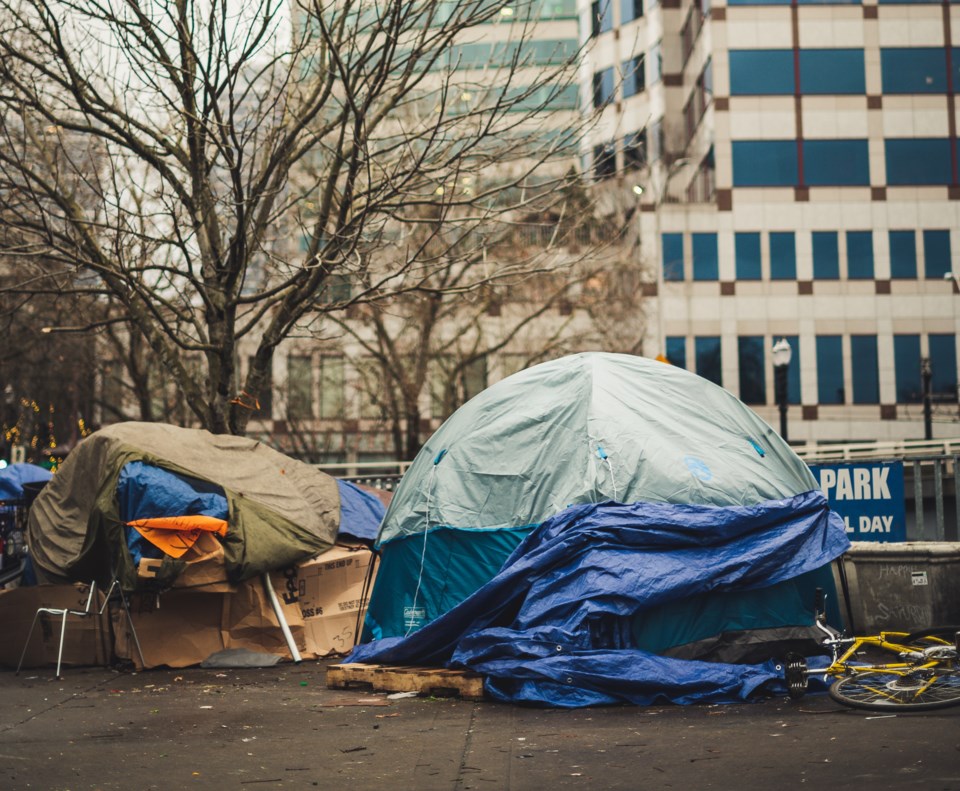CambridgeToday received the following letter concerning the state of homelessness in the community.
This week marks the one-year anniversary of the 150 Main Street encampment in Cambridge, where last August there were approximately 35 folks living there. Today, there are 29 and we now also have a quickly growing second encampment on Samuelson Street.
So, how is it that in Canada – the ninth wealthiest country on earth – our most vulnerable people are living in tents?
Well, it’s not due to lack of spending taxpayer money – the community spent approximately $1 million this year on the 150 Main Street Encampment alone in bylaw and police officer time, 24/7 security, frequent extreme cleaning, and rentals (port-a-potty, portable storage, fencing). Not to mention the cost of major grants to non-profit agencies providing a patchwork of support and the unquantifiable damage to local homeowners and businesses.
At $30,000 per encampment resident, this is a bad deal for everyone.
Despite all of this cost and ‘support’, only six residents moved up a step on the ‘housing ladder’ and most residents I spoke with aren’t on track with the basic things needed for survival – stable meals, identification, housing and addictions support wait lists, job and income-support programs, and the list goes on.
There are even 15-20 beds available on any given night at our local shelter, The Bridges, operated by Cambridge Shelter Corp.
My hypothesis is that the facility and support as it stands isn’t meeting the needs of our community – and don’t get me wrong, I love the organization and its leaders are doing the best with what they have. The congregate setting means we’re making our Canadian neighbours sleep in what feels akin to a UN humanitarian amp – rows of beds next to each other. Imagine trying to get sober and the person next to you is high on meth, trying to get a good night’s rest after escaping trauma while the person next to you is screaming in terror, or having nothing to your name and your belongings get stolen while you’re asleep. If I put myself in their shoes, I can understand why many won’t stay there and choose a tent instead.
If we want folks to stop living rough, we have to meet folks where they’re at.
While there’s a long list of solutions for our housing crisis, the first thing we need is a new facility for our community’s most vulnerable that provides for dignity and the ability for folks to get on-site addictions and mental health treatment, and wrap-around support. If they’re well enough to contribute, they should be given jobs in the kitchen, doing maintenance, or cleaning so they develop skills and references.
Just like how the current Bridges was originally funded and built by a team of passionate community leaders, it’s clear to me that if we truly want to see our neighbours stop living in tents, it’s time we come together as a community and partner with all levels of government to build a new facility and support system for our homeless community that actually works.
Nate Whalen
Cambridge



